
Athletes raced toward glory, but it was tradition, not trophies, that carried the most weight. The original Olympic Games blended fierce contests with rituals that would leave modern spectators speechless. For curious minds who want to understand how it all began, here are 10 interesting facts worth exploring.
The First Olympics Were Held In 776 BCE
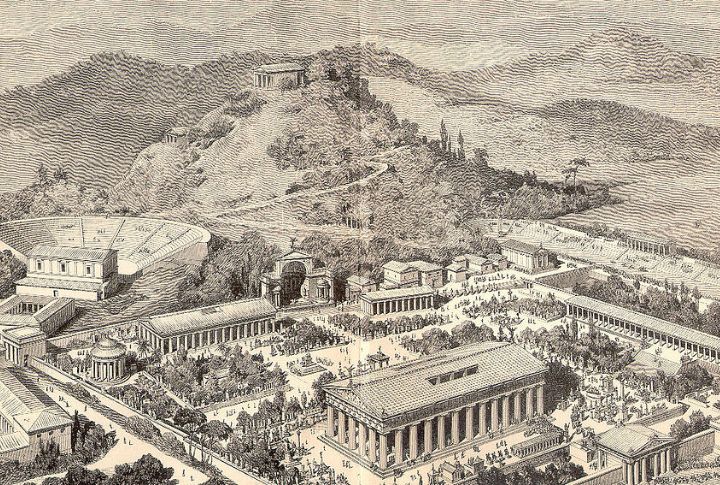
The earliest Olympic Games took place in 776 BCE, featuring a single event—a short foot race known as the stadion. Spectators gathered to witness it, and surprisingly, a cook named Koroibos won the crown. His victory marked the beginning of a legendary sporting tradition.
Olympia Was Sacred Ground, Not Just A Sports Venue
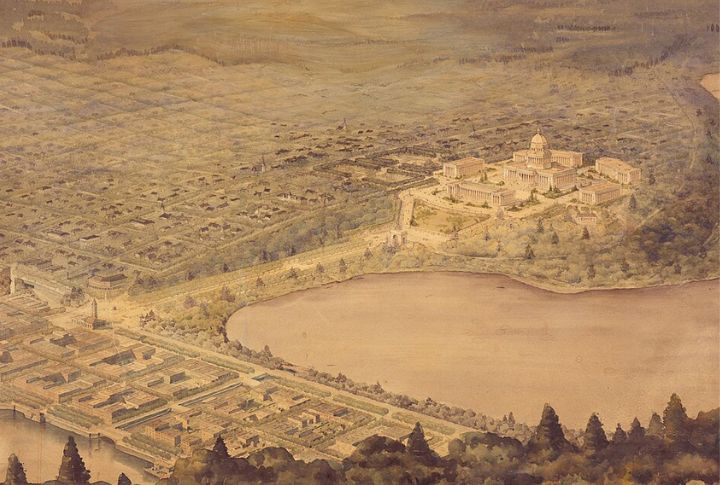
Long before it welcomed athletes, Olympia was a sacred site honoring the god Zeus. Temples and towering statues filled the space instead of homes or markets. Competing there felt divine; athletes believed they raced not merely for fame but in honor of the gods themselves.
Winners Received Olive Wreaths, Not Gold Medals

Rather than shiny medals, Olympic champions earned an olive branch crown called a kotinos. These came from a holy tree near Zeus’s temple. Best of all, winners were sometimes rewarded with lifelong perks like free meals, but the real prize was eternal fame.
Only Free Greek Men Could Compete
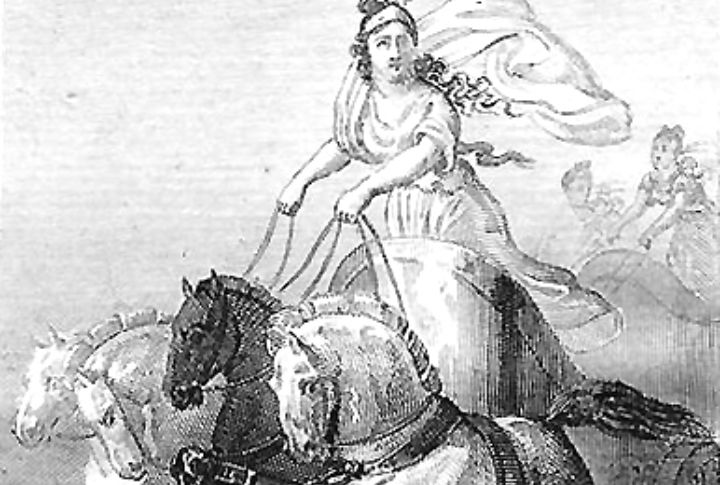
Women and foreigners were banned, and only free Greek men could compete in the ancient Olympics. But Kyniska, a savvy Spartan princess, entered her horses in a chariot race and won. That bold move crowned her the first woman to claim Olympic glory.
Athletes Competed Without Clothes
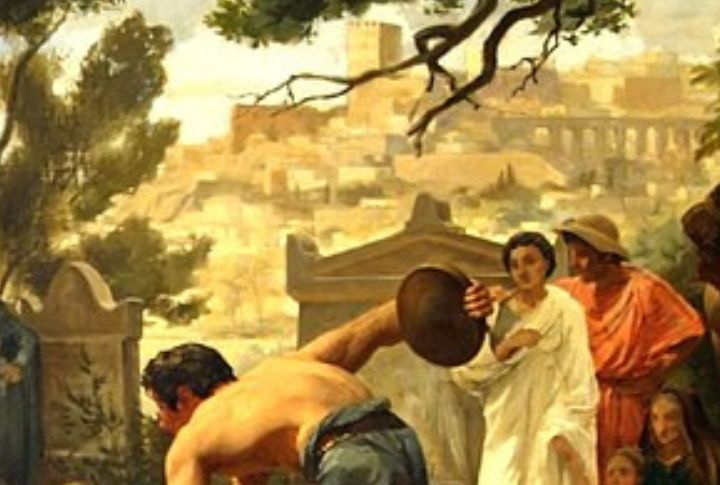
Before stepping into the arena, ancient Olympians would rub olive oil on their bodies—a ritual that wasn’t just about tradition, but about readiness and pride. They competed without wearing clothes, a practice meant to honor strength and purity. To them, the human form wasn’t something to hide; it was something to celebrate.
Truce Was Declared Across Greece For The Games
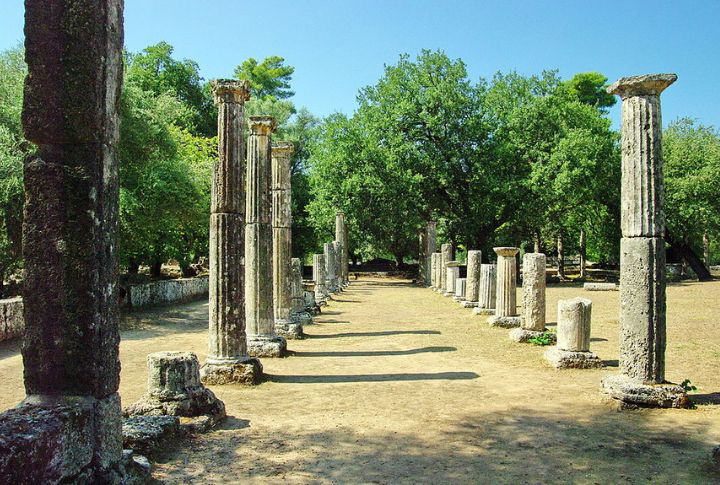
When the Olympics began, violence across the Greek city-states came to a halt. The Olympic Truce allowed athletes and fans to travel without fear, no matter where they came from. This rare pause in warfare showed how deeply the Games were valued—even by regions that rarely agreed on anything.
The Games Lasted Five Full Days
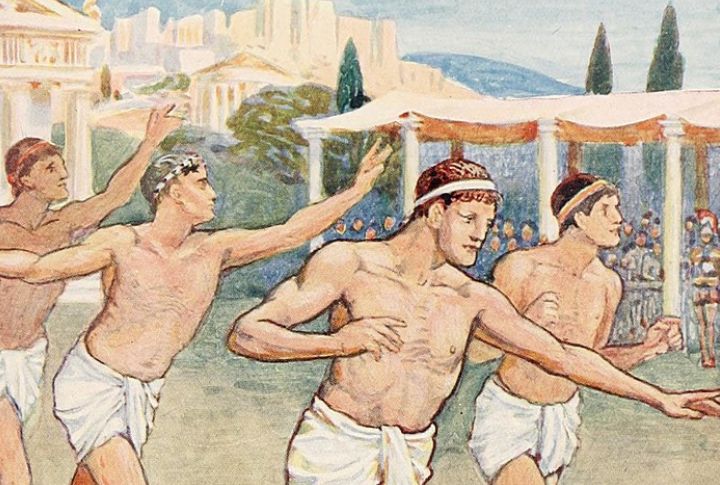
Over five exciting days, the ancient Olympics mixed sports and sacred rituals. Day one kicked off with oaths and sacrifices, while the final day handed out prizes and cheers. In between, people watched epic races, fierce wrestling, and grand feasts under the sun.
Events Evolved Over Time
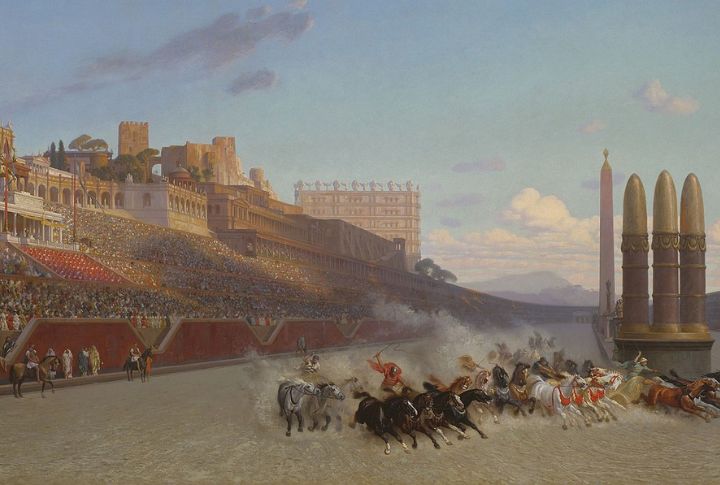
To start, there was just a single sprint, but that changed fast. As years passed, the Games added events like wrestling and a wild five-part contest called the pentathlon. With every addition, the excitement and the bruises grew stronger and louder.
Pankration Was The Most Brutal Event
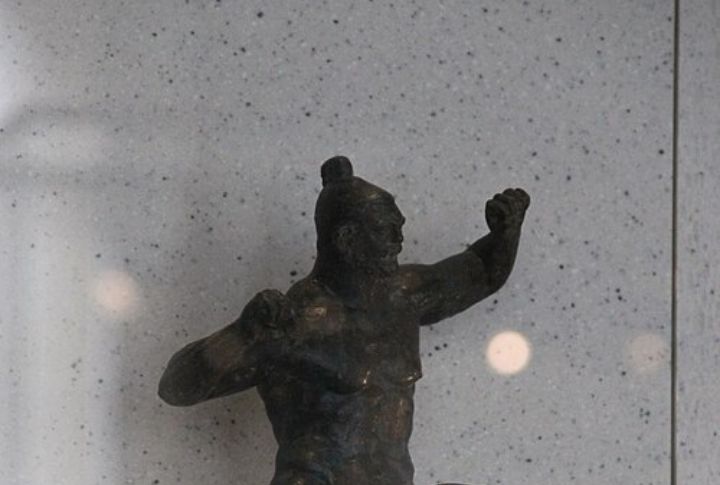
Of all the events, pankration was the toughest; it mixed wrestling and boxing with barely any rules. Fighters could do almost anything to win except bite or gouge eyes. Some didn’t survive, making victory in this event one of the most feared and respected.
Cheating Was Punishable By Public Shame
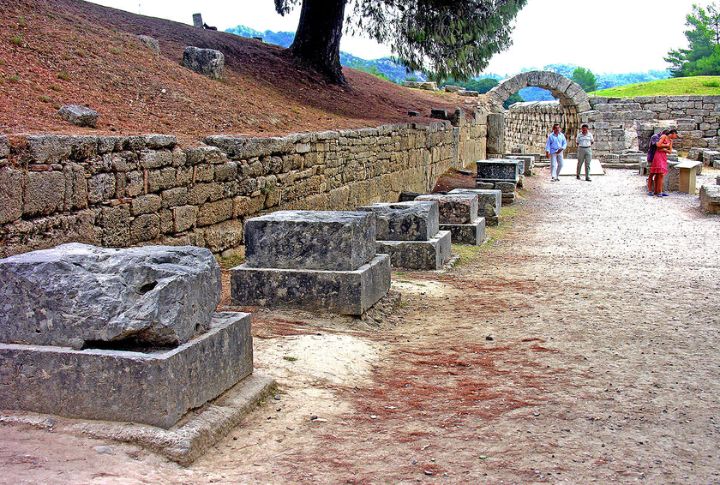
If an athlete cheated, they had to pay to build a statue showing their failure. These bronze statues lined the stadium’s entrance so everyone could stare and remember. Each one stood as a warning: Olympic glory had to be earned fair and square.

